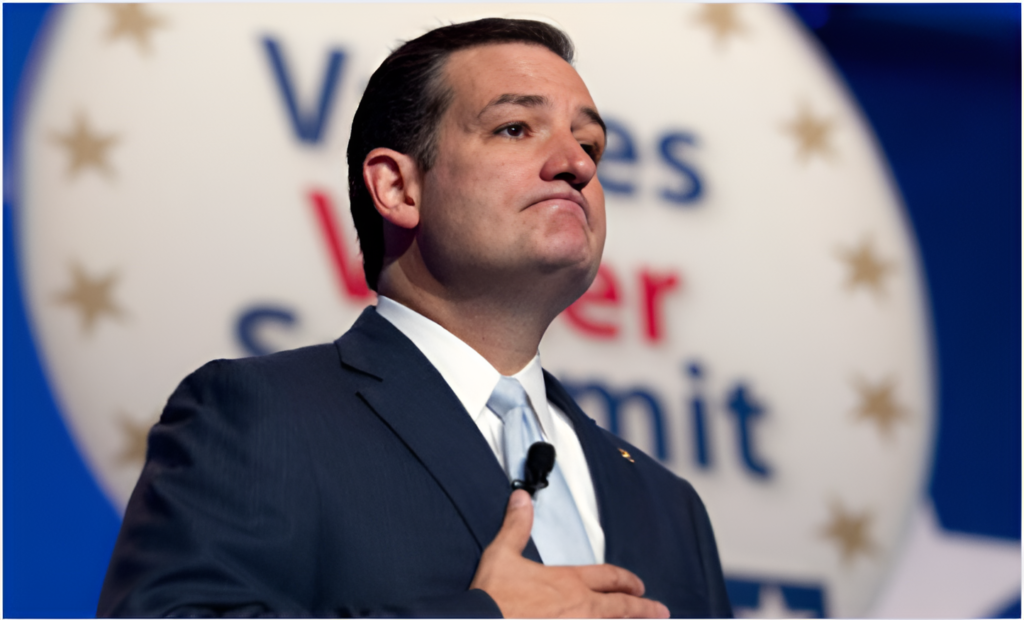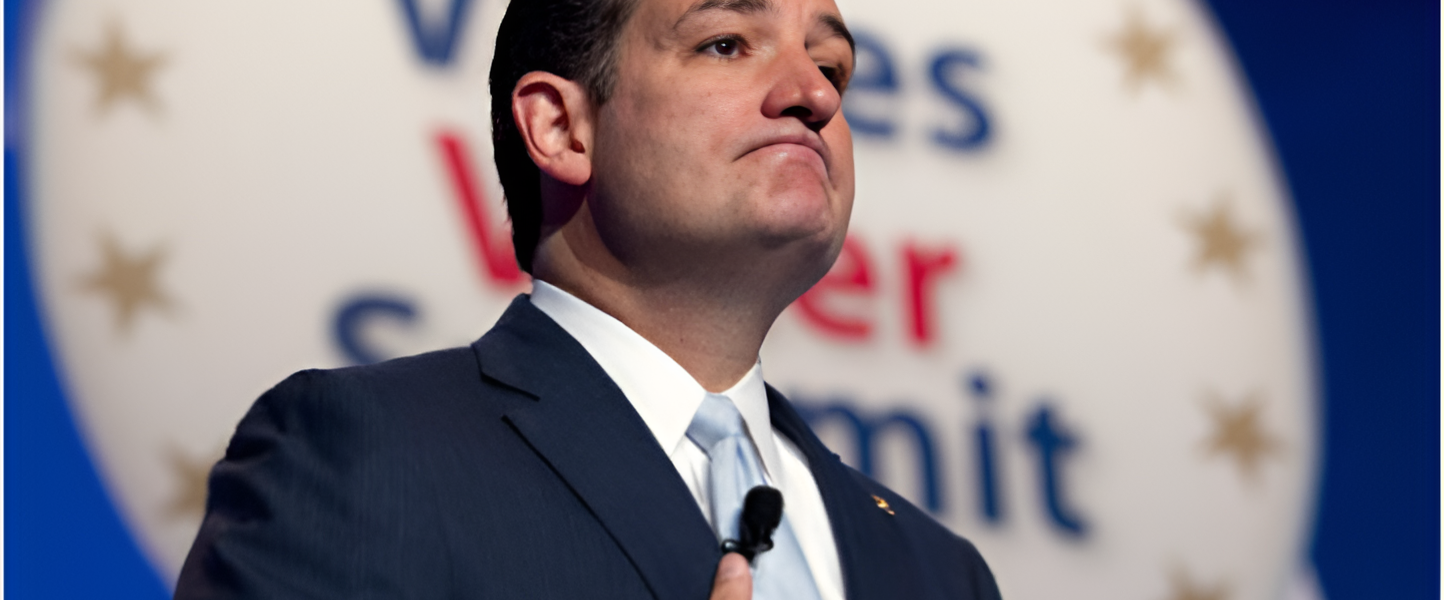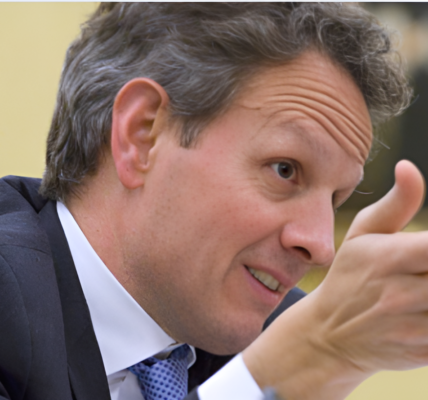
In a move that signals the growing frustration among business leaders, prominent trade groups and executives are vowing to take an active role in upcoming GOP primaries. Their goal is clear: challenge the influence of Tea Party-backed conservatives who have put their agendas in direct conflict with the interests of the business community, jeopardizing the financial stability of the nation.
While business groups have long held significant sway on Capitol Hill, their clout is now under threat by newer, more aggressive organizations like the Senate Conservatives Fund, Heritage Action, and FreedomWorks. These groups, focused on driving a more conservative agenda, have become influential voices in the Republican Party, particularly among lawmakers like Sen. Ted Cruz (R-Texas) and a large faction of House Republicans who have dominated legislative decisions this year.
For traditional business groups, the stakes are high. The future of their influence hinges on their ability to regain their standing in a shifting political landscape. As new conservative factions have steadily grown in power, they now dominate discussions, pushing an agenda that often conflicts with the goals of business groups that advocate for less government interference and more stable financial policy.
Dan Holler of Heritage Action for America noted that businesses need a stronger grassroots presence to compete. “If the business community wants to be more engaged, they need a permanent presence,” Holler said. “The policies big business groups are pushing just don’t resonate with people outside Washington.”
Despite the challenges, big business is determined to make its voice heard. The U.S. Chamber of Commerce, in particular, is considering how to engage more directly in GOP primaries. With the fear of primary challenges motivating many Republican lawmakers, Chamber President Thomas Donohue is reportedly committed to stepping up the Chamber’s involvement.
Historically, the Chamber has supported candidates in primaries—such as backing John E. Sununu’s successful Senate primary bid and Jim DeMint’s rise to the Senate from South Carolina. In the 2014 cycle, the Chamber is expected to sharpen its focus on primaries where it can back pro-business candidates.
Other organizations, like the National Retail Federation (NRF), are also looking at their strategies. NRF is contemplating which candidates may not align with pro-business priorities and evaluating how they can influence primary elections. Still, not all trade groups are looking to overhaul their strategies. Some, like the Credit Union National Association (CUNA), are maintaining their traditional political approach, supporting candidates who are aligned with their industry’s interests regardless of party.
As business groups consider their role in primaries, the debate over how to balance pro-business policies with the rise of conservative political movements is intensifying. Some organizations are focused on supporting lawmakers who have consistently backed business-friendly legislation, while others are looking to counter lawmakers they view as obstructing critical policy advancements.
Ultimately, business groups face a difficult decision as they weigh their options in the primaries. Whether they’ll succeed in reclaiming their influence within the GOP remains to be seen, but one thing is clear: their involvement in shaping the direction of the party is now more critical than ever.





